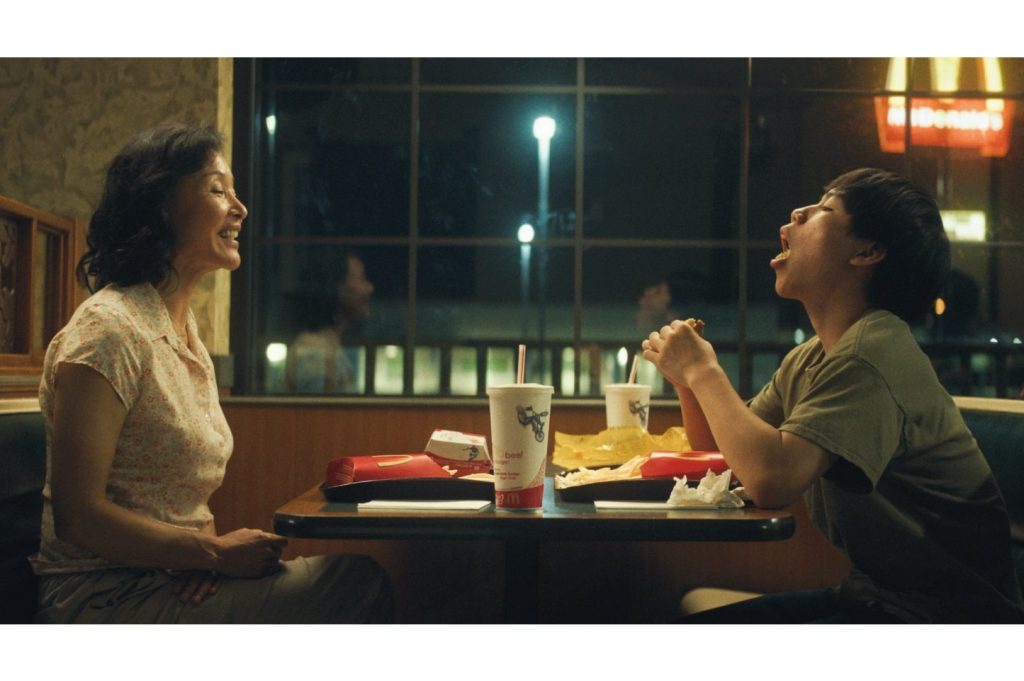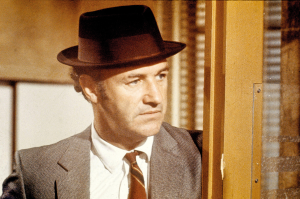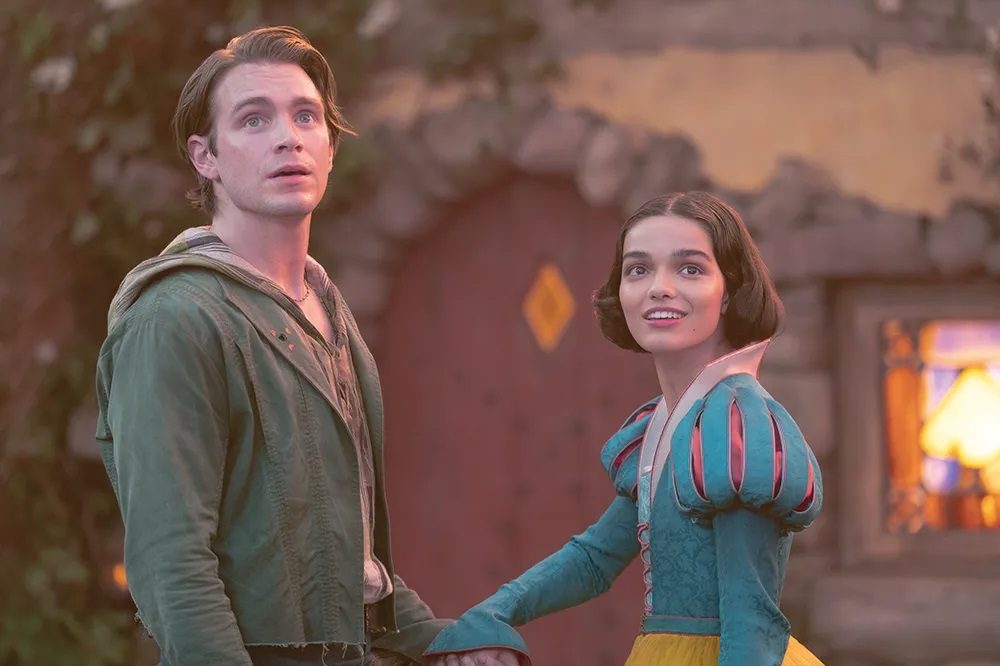Didi is a coming-of-age drama by the Taiwanese-American writer-director Sean Wang. It’s set in the summer of 2008 and based on his own adolescence — and here’s the bottom line: it’s an absolute joy. It’s funny, moving, authentic and takes you right back to being thirteen. (Agh!)
The main character here is Chris (Izaac Wang), who is called “Didi” by his family as that’s the Chinese for “little brother.” He is thirteen, lives in Fremont, California and is about to start high school. There’s no father in the picture as he’s working back in Taiwan. His flustered, put-upon mother, Chungsing (the magnificent Joan Chen), can’t comprehend her children’s American ways and dispenses the kind of advice that no self-respecting teenager would ever take on board. (“Eat fruit, it helps your digestive system,” for example). Chris fights constantly with his older sister, Vivian (Shirley Chen), and if you fought constantly with your older sister when you were growing up here’s a trick you may have missed: have a wee in her body lotion, then replace the cap. Gross but inspired.
Funny, authentic and takes you right back to being thirteen. (Agh!)
They live with their grandma Nai Nai (Chang Li Hua) — their father’s mother — who is mean to Chungsing. “You’ve no class,” she might tell her, as Chungsing remains impassive. (Our assumption is that she’s used to it.) Nai Nai is played by Wang’s actual grandma and it may be the best performance by a filmmaker’s actual grandma playing that role that I have ever seen.
Plot doesn’t drive the film. Instead, we watch Chris navigating one tricky summer at that age when being yourself is hard as you don’t yet know who you are. Is he a “dudebro” like his best friends from school? Or is his place with the older skateboarders who agree to let him film them for YouTube and whom he’s desperate to impress?
This being 2008, it’s the early days of Facebook and AIM while MySpace is still going, but due to fade away (poor MySpace). There are moments of genuine tension and emotion as we watch chat boxes pop up on screen. (I attended the screening with my son, a teenager back then, who said this aspect is spot on. I am still, by the way, badgering him to eat more fruit.)
Out in the real world, Chris is sometimes just overlooked, socially, but on other occasions he suffers the humiliations and mortifications that people remember all their lives. He goes on a date with a girl who rounds it off by saying: “You’re cute… for an Asian.” There’s also a scene where his friends get a lift from one of their parents but there’s no room for Chris so he has to get the bus. I can still vividly recall that once happening to me when I was around the age he is in the film. (Reader, I have never forgotten it.)
It is also the tale of a boy caught between two cultures, wanting to fit in while his mother hangs on to an immigrant mentality. He constantly brushes her away.
Chungsing is an amateur painter who is rejected from a competition and, to be fair, her landscapes are quite sickly and sentimental. But when Chris’s older, skateboarding friends visit the house and compliment her on them, she lights up from within. Someone has seen her. Chen brings so much poignancy to the role while Wang’s performance is wonderfully natural.
The film doesn’t especially break new ground. There’s the first proper run in with alcohol; there’s the practicing of kissing on the back of a hand; there’s the learning to see a parent as a real person with a back story. But it somehow feels fresh and real and new. Oh, to be a teenager again… Although, thinking about it, I’d rather not, actually.
This article was originally published in The Spectator’s UK magazine. Subscribe to the World edition here.






















Leave a Reply